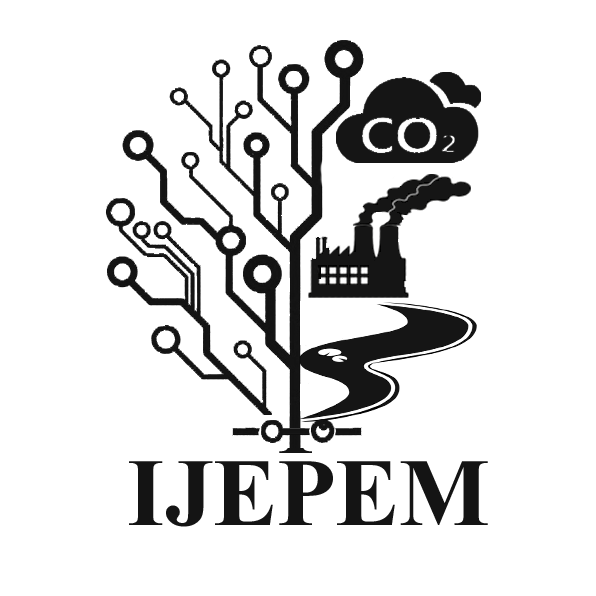
International Journal of Environmental Pollution and Environmental Modelling
Yazarlar: Essam HOBALLAH, Mohamed SABER, Alaa ZAGHLOUL
Konular:Çevre Bilimleri
Anahtar Kelimeler:Nanomaterials,Synthesizing,Bio-manufacturing,Characterization,Mechanisms,Safety
Özet: This state of the art appraises the foremost recent pronouncements in the field of nanotechnology particularly their applications in farming. It covers diverse themes associated with nanotechnology. Nanotechnology was developed and materialized over a lengthy period of time. Actually, various sorts of nanoparticles liable to composition, size, form, and/or structure were described. Different ways and protocols were designed for synthesizing nanoparticles; the most common ones involved chemical, physical, green and/or biological conducts. However, the superiority of biological methods compared to chemical and physical methods was clarified. Additionally, yeasts display an imperative perform in manufacturing nanoparticles that conceived their cells might be the factory producing nanoparticles. The foremost important tools used for characterizing nanoparticles were mentioned in order that they could be employed to estimate their differential futures and characteristics. Fundamentals of some nanoparticle biotechnological synthesis mechanisms were represented in order that they could be exploited to illustrate; optimize and maximize the nanoparticles biosynthesizing process. Several verified nanotechnological structure outputs were applied in farming represented, such as nanobiosensors, nanopesticides, nanocapsules as the sake of the efficient delivery of agrochemicals, plant disease, and weed control agents, nanofertilizers and nanostructures as detoxifying or remediating pollutants, as well as nanotechnological structure material safety aspects.